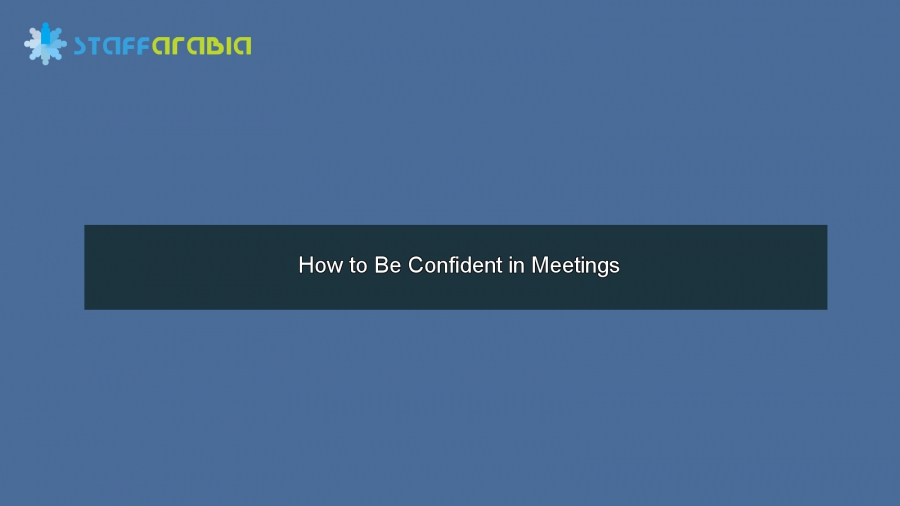
Well, it’s time for a change. It’s time to speak up. Here are five ways to chime with confidence in your next meeting.
Know That Your Thoughts Are Worth Sharing
We’re not talking garden-variety comments that don’t contribute to the task or meeting at-hand, but it is important to speak up at least once in a meeting. Otherwise your colleagues and higher-ups will start to think you have nothing to add.
The biggest hurdle is speaking up for the first time, and if you’re not quite yet read, next time you’re in a meeting and you have an idea, write it down.
Go home and practice saying that idea out loud in multiple different tones. Find the one that resonates with you, that feels like most authentic. Next time you’re in a meeting draw on that at-home experience and be heard!
Annunciate
If you’re pitching a business or trying to sell your boss on an idea, you need to be articulate and concise.
Attention to the small details of your speech can actually imbue you with a sense of confidence that you didn’t know you had. Elocution may not be taught in school anymore, but vocal clarity brings vocal confidence. And nothing derails a confidence train like being asked to speak up or to stop mumbling.
So, work on annunciation, clarifying all of your consonant sounds and varying your vowel length—these small changes can make a significant difference in how you’re heard.
Speak Slowly
There is a difference between being excited about what you’re sharing and rushing through your idea. When you speak too quickly what you are conveying is that you’re nervous or that what you have to say is not valuable.
If you’re speaking, hold the room’s attention, slowly and confidently. If you’re making them wonder whether you believe in what you’re saying, there is a good chance they aren’t going to believe in it either.
Expand Your Vocabulary
We’re reading less. There’s no way around it. However with dropping book sales comes a dropping vocab. One of the best ways to make sure that you’re ever-expanding your word base is to read. This can be as simple as reading a page out loud every night when you get home. It can be any kind of written word, from fiction to newspaper. Not only will this exercise help you practice annunciation, but you’ll start to learn words without even trying.
The next time you speak up in a meeting, you’ll find there is much greater fluidity to your speech and you’ll be drawing on a bigger vocabulary base.
Don’t Disqualify Yourself at the End of a Sentence
We hear a lot about women apologizing for their answers in advance and how we should nix this from our speech. What we hear less about, is discrediting yourself at the end of a statement or an idea.
This can be as simple as ending a presentation with one of the following colloquialisms: I guess, I don’t know, I think. Make sure that you are ending as strong as you start. Be certain beginning, middle, and end.
Sometimes when we get to the end of what we say, and it isn’t resonating quite right with a room, we get nervous and qualify. Stick to your guns, even if the room doesn’t agree, you can still sit back down with as much gusto with which you stood up.
















